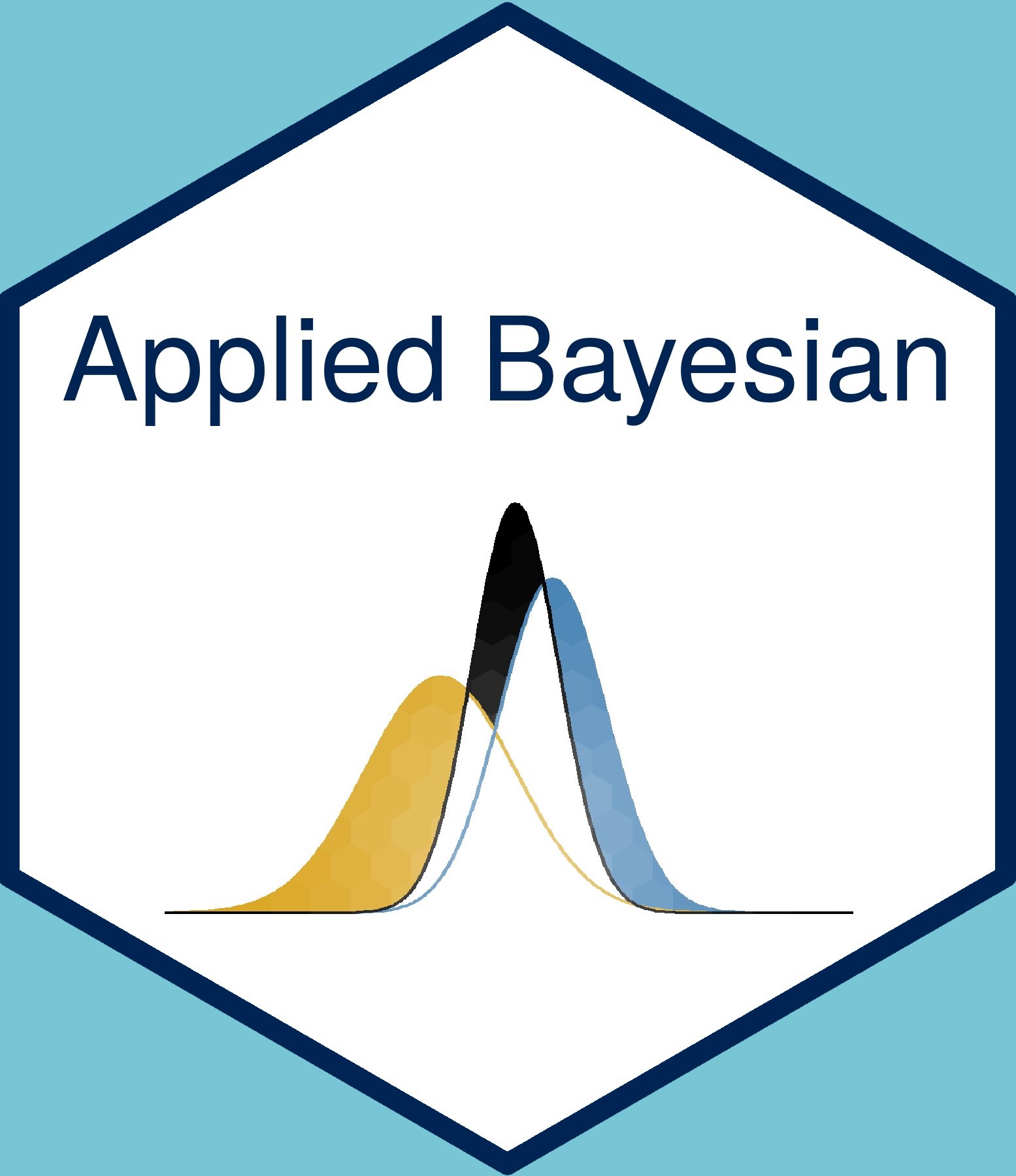Syllabus
Course Syllabus
Detailed course syllabus is posted on Quercus.
Course Info
Course title
HAD5314H Applied Bayesian Methods in Clinical Epidemiology and Health Care Research
Semester
Final date to enrol in May-to-June or May-to-August session courses: May 12, 2025
Final date to drop May-to-June F section courses without academic penalty: Jun 2, 2025
Class hour and location
| Lecture | Location |
|---|---|
| Thursday, 1 pm – 4pm | See Quercus |
Course Description
By the end of this course, students will:
Understand what is meant by a “Bayesian Analysis” and how it differs from a typical analysis under the frequentist framework.
Understand how modern Bayesian models are fitted.
Understand the role of prior(s) in Bayesian analysis and how to use prior(s).
Be able to fit Bayesian models to common types of study outcomes.
know what aspects of the Bayesian analysis are essential for statistical reporting.
Have developed expertise in using the brms program within the R environment.
Pre-requisites
Students should be comfortable with statistics at the level of Biostatistics II, the course offered through PHS or IHPME. Students are expected to have a level of comfort using programming statements in R statistical software. Students without any previous experience with R are expected to spend significant additional time learning R on their own.
Course Reading and Resources
Lecture notes
Online lecture notes. Links will be published on Quercus
Additional reading materials (e.g., articles), R scripts, data will be posted on Quercus
The lecture notes will be the main resource for this course. Course notes for latter sessions might not be available for viewing. I aim to publish it the day before the scheduled lecture.
R statistical Software
R can be downloaded from https://cran.r-project.org/. Many users of R like a tool called RStudio. This program is what is called an Integrated Development Environment (IDE) for R. RStudio can be downloaded from https://rstudio.com/.
Bayesian analysis in R. The course will mainly use the brms package in R, which offers a standard R-modelling type interface to the underlying computing engine Stan. Direct use of Stan is not ideal for teaching Bayesian methods. The brms package automatically writes Stan code that can be viewed and edited, so after learning brms, the enterprising student may want to use this Stan code as a steppingstone toward programming directly in Stan.
Please bring your laptop to class. Most weeks we will have hands-on coding exercises to implement the lecture contents in R via R studio.
Accessibility and Accommodations
The University provides academic accommodations for students with disabilities in accordance with the terms of the Ontario Human Rights Code. This occurs through a collaborative process that acknowledges a collective obligation to develop an accessible learning environment that both meets the needs of students and preserves the essential academic requirements of the University’s courses and programs. For more information, or to register with Accessibility Services, please visit: http://studentlife.utoronto.ca/as.
Academic Integrity
Academic integrity is essential to the pursuit of learning and scholarship in a university, and to ensuring that a degree from the University of Toronto is a strong signal of each student’s individual academic achievement. As a result, the University treats cases of cheating and plagiarism very seriously. Help and information is available on the Academic Integrity website. The University of Toronto’s Code of Behaviour on Academic Matters (http://www.governingcouncil.utoronto.ca/policies/behaveac.htm) outlines the behaviours that constitute academic dishonesty and the processes for addressing academic offences.
Key Resources and Supports for DSLPH Graduate Students
License
This work is licensed under a Creative Commons Attribution-NonCommercial-ShareAlike 4.0 International License.
